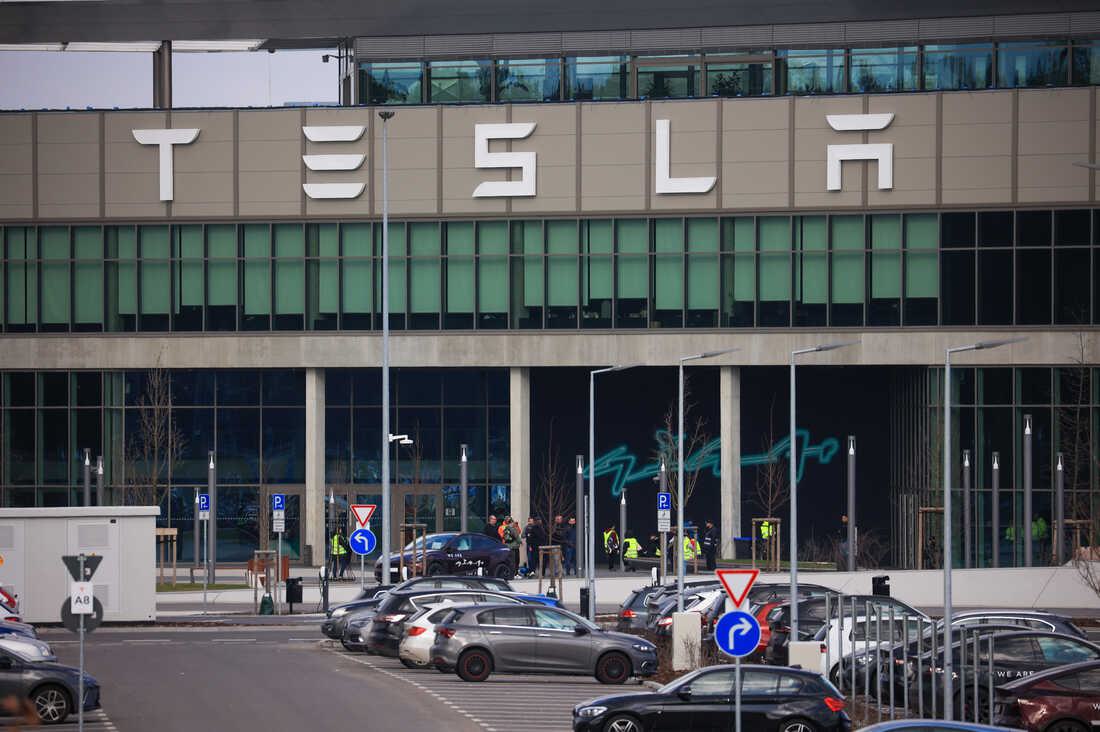A Year On From Brexit: What Now? - Dispatch Weekly
June 23, 2017 - Reading time: 6 minutes

A year ago to the day, UK’s vote to leave the EU was passed in a referendum with a 51.90% majority.
Political instability has held the country in its grip ever since. From botched TV interviews, to failed elections and Downing Street’s version of a game of “Musical Chairs”, a year on, the UK still has no idea where the Brexit deal is heading.
March 28, 2017 – Article 50 triggered
On Tuesday, March 28, 2017, PM Theresa May triggered Article 50. With the flick of a pen, May started the process of the UK leaving the EU. After posing for a picture, the letter was taken to Belgium overnight by a civil servant, accompanied by a bodyguard. This was done to make sure there were no last-minute hitches, and that the letter would safely be handed over to European Commission president, Donald Tusk.

June 8, 2017 – Early Elections
On June 8, 2017, early elections were held in the UK. These elections resulted in a “hung parliament”, where the Conservative Party won the election, but had too little seats to form a majority.
June 18, 2017 – Brexit Negotiations begun
On Monday, June 18, the first Brexit negotiations began in Brussels. Mr Barnier met Mr Davis for formal talks. The EU focuses on the issues of citizen’s rights, the Irish border, and the Brexit bill, to which the UK objected heavily.
June 21-23, 2017 – European Council
The full EU28 met with a broad agenda. Mrs May gave a short speech to the EU on the negotiations that will follow. On June 23, her delegation was asked to leave before Barnier would hold a speech addressed the rest of the European Council.

July 17, 2017 – Second round of talks
By mid July, the second round of negotiations will have started. We will be able to expect more negotiations on Citizens’ rights, the issue of the Irish border, and the Brexit bill.
October-December 2017 – principles of divorce agreed
The first stage of the Brexit negotiations, the principles of the divorce, are hoped to be completed between October and December 2017. Mr Barnier will recommend the start of discussions on the future relationship between the two powers, and potential transitional deals.
October 2018 – First deadline
Barnier declared earlier he wanted all talks and transitional agreements concluded by October 2018. This way the deal can be ratified by all EU member states.

![]() March 2018 – The UK officially leaves the EU
March 2018 – The UK officially leaves the EU
EU member states, the European council and the European parliament must have ratified the deal by this point. The UK parliament will also vote on the deal before it is put into effect. Donald Tusk had earlier declared there would not be any extensions to the Brexit negotiations and ratification’s.
What will Brexit mean for London’s business?
The outcome of Brexit is currently still unknown. What the deal will encompass and what it will mean for UK businesses and its economy is still up in the air. It does seem that entrepreneurs and professionals stay positive: “With a lot of uncertainty regarding Brexit and MiFID II implementation, at Oppenheimer we are continuing to grow our existing business lines while waiting to have a better sense of the regulatory framework and wider economic environment before committing to any new business plans.” Max Lami, CEO of Oppenheimer Europe, an investment manager, said.

DW Staff
David Lintott is the Editor-in-Chief, leading our team of talented freelance journalists. He specializes in covering culture, sport, and society. Originally from the decaying seaside town of Eastbourne, he attributes his insightful world-weariness to his roots in this unique setting.




